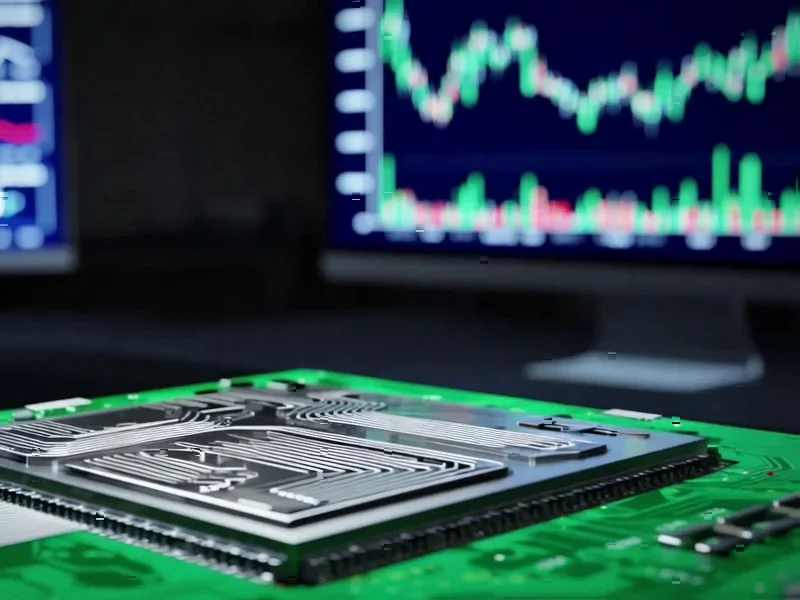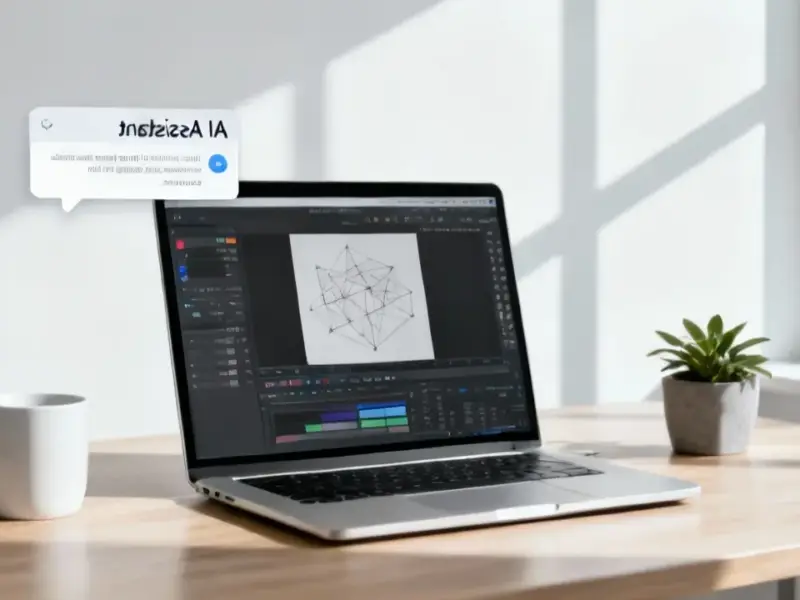According to Fast Company, Microsoft has received U.S. government approval to ship more than 60,000 Nvidia AI chips to the United Arab Emirates, including the advanced GB300 Grace Blackwell processors. The licenses were approved in September under what Microsoft describes as “stringent” safeguards, with the chips destined for data centers in the Middle Eastern country. This development appears to contradict former President Donald Trump’s recent remarks on “60 Minutes” where he stated he wouldn’t allow Nvidia to sell its most advanced chips to China. The scale and timing of this approved shipment reveals significant shifts in global AI infrastructure strategy.
The New AI Geography
This Microsoft-UAE arrangement represents a fundamental restructuring of global AI infrastructure that extends far beyond simple technology exports. The Middle East, particularly the UAE, has been aggressively positioning itself as an AI hub, with national AI strategies that envision transforming oil wealth into technological leadership. What makes this deal particularly significant is that it occurs despite political rhetoric suggesting tighter restrictions on advanced chip exports. The approved safeguards indicate a recognition that completely isolating AI development within national borders is increasingly impractical given the global nature of both talent and computational demands.
The Coming AI Infrastructure Divide
The sheer volume of 60,000 chips—including Nvidia’s most advanced GB300 processors—suggests we’re entering an era where computational capacity becomes the primary differentiator in AI development. This isn’t merely about having access to AI models; it’s about having the infrastructure to train and deploy them at scale. Countries and regions that secure early access to these computational resources will likely develop significant advantages in AI applications across healthcare, finance, and national security. The Middle East’s strategy appears to be leveraging its financial resources to bypass the traditional technology development timeline, essentially buying their way into the AI elite through strategic partnerships with established tech giants.
When Business Logic Overrides Political Rhetoric
The contradiction between this approved deal and political statements about chip restrictions reveals a fundamental tension in technology governance. While political leaders may make bold statements about protecting strategic technologies, the commercial reality is that companies like Microsoft and Nvidia operate globally and have strong incentives to expand their markets. The “stringent safeguards” mentioned likely represent a compromise that allows commercial expansion while maintaining some level of oversight. This pattern suggests that despite political posturing, we’ll continue to see carefully managed exports of advanced technologies to strategic partners, with the definition of “strategic” expanding to include economic partners beyond traditional military allies.
The Next Phase of Global AI Competition
Looking forward, this deal signals that the next 12-24 months will see accelerated formation of AI infrastructure alliances that don’t neatly align with traditional geopolitical boundaries. We should expect more Middle Eastern and Asian nations to secure similar arrangements, creating a distributed global AI infrastructure network. The critical question becomes how these computational resources will be governed and whether we’ll see the emergence of “AI spheres of influence” centered around different technological ecosystems. The companies that successfully navigate these complex arrangements—balancing commercial opportunity with regulatory compliance—will likely dominate the next phase of AI development, while those constrained by purely national strategies may find themselves falling behind in the global race.





Can you be more specific about the content of your article? After reading it, I still have some doubts. Hope you can help me.